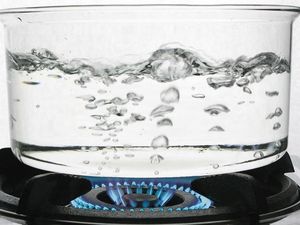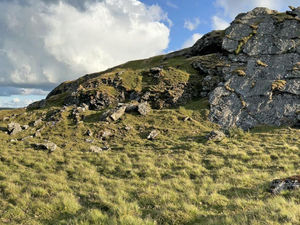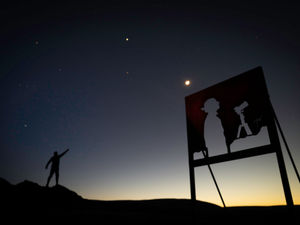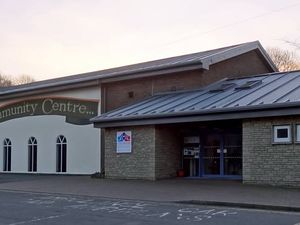Do we finally have the answer to why hot water freezes faster than cold water?
Scientists have a theory that the explanation lies in the previous temperature history.

If you want to freeze water, the quickest way to do it would be to heat it up first – just ask those who make videos of themselves throwing boiling water outside during winter.
While this may sound like a strange (if not counter-intuitive) thing to do, experiments have shown warmer water freezes faster than cooler water.
The phenomenon is known as the Mpemba effect – named after Tanzanian amateur scientist Erasto Mpemba who documented it in 1963. Its cause has puzzled scientists for decades.
But now a group of researchers in Spain believe they can shed light on the mystery.
The team at the University of Extremadura created a model to help understand this phenomenon by using a simulation of granular systems.
Describing the heated fluids, theoretically, as a collection of inelastic granules, the researchers say that their previous temperature histories could play a role in determining whether or not the system subscribes to the Mpemba effect.
“In our opinion, this may explain the elusiveness and controversy of the Mpemba effect in water, as a consequence of the lack of control on the detailed initial preparation of the sample.”
This model suggests that if an external factor, like a spike in starting temperature for example, affects the movements of particles prior to cooling, the rate of change in the fluid’s temperature could be affected. In this case, it would see a fluid cool more quickly.
Santos added: “We theoretically showed, at least in the case of a gas, that a system’s temperature evolution and thus its cooling and/or heating rate do not depend on initial temperature alone, but also on the previous history of the system that control the initial value of the additional variables.
The phenomenon also supposes the reverse Mpemba effect – where colder fluids could heat up faster than warmer versions.
The researchers are looking to test their model on granular gases.
This research is published in Physical Review Letters.








